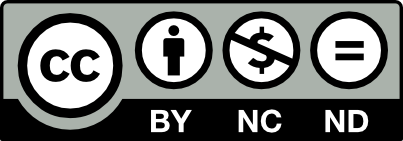Genetic risk, psychic filiation and individuation: a psycho-oncological case
DOI:
https://doi.org/10.23823/k3wqhs20Keywords:
psycho-oncology, genetic inheritance, individuation process, systemic psychotherapy, supervisionAbstract
The experience of cancer affects patients' quality of life, not only in the individual dimension, but also in the relational domain. In fact, cancer modulates patients' interpersonal relationships, especially family relationships. Although cancer is not an uncommon occurrence in family life, it is always perceived as an unexpected event when a family member becomes ill. Two categories of phenomena are highlighted in studies of the family environment of cancer patients: the first focuses on changes in family relationships and feelings, while the second emphasises the psychological and/or psychopathological effects of the illness on caregivers. Gabriella's case shows how the progression of her mother's cancer, which she inherited, changed the structure of the family, affecting relationships and causing episodes of anxiety and panic. As Gabriella tried to make sense of the psychological and physical changes, she was forced to rethink her future in new and surprising ways.
Downloads
Downloads
Published
Conference Proceedings Volume
Section
License
Copyright (c) 2025 Rossana Vista

This work is licensed under a Creative Commons Attribution-NonCommercial-NoDerivatives 4.0 International License.
Authors who publish in this journal agree to the following:
- Authors retain the rights to their work and give to the journal right of first publication of the work simultaneously licensed under a Creative Commons License - Attribution that allows others to share the work indicating the authorship and the first publication of this journal.
- Authors can accept other non-exclusive licensing agreements for the distribution of the published version of the work (eg. Deposit it in an institutional repository or publish it in a monograph), provided to indicate that the document was first published in this journal.
- Authors can spread their work online (eg. In institutional repositories or on their website) before and during the submission process, because it can lead to productive exchanges and increase the work published citations (See The Effect of Open Access) .










